California Fast Food Managers Score Big Pay Bumps as Prices Soar and Stores Close
California fast-food managers have received significant salary increases following the state’s new $20 minimum wage law.
Managerial salaries jumped by 25%, raising the minimum annual pay to $83,200. This change, effective from April 1, has brought substantial financial benefits to managers, highlighting a significant shift in the fast-food industry.
Raising Cane's General Managers Benefit
At Raising Cane’s, general managers can now reportedly earn up to $174,000 annually, thanks to bonuses based on sales and profit.
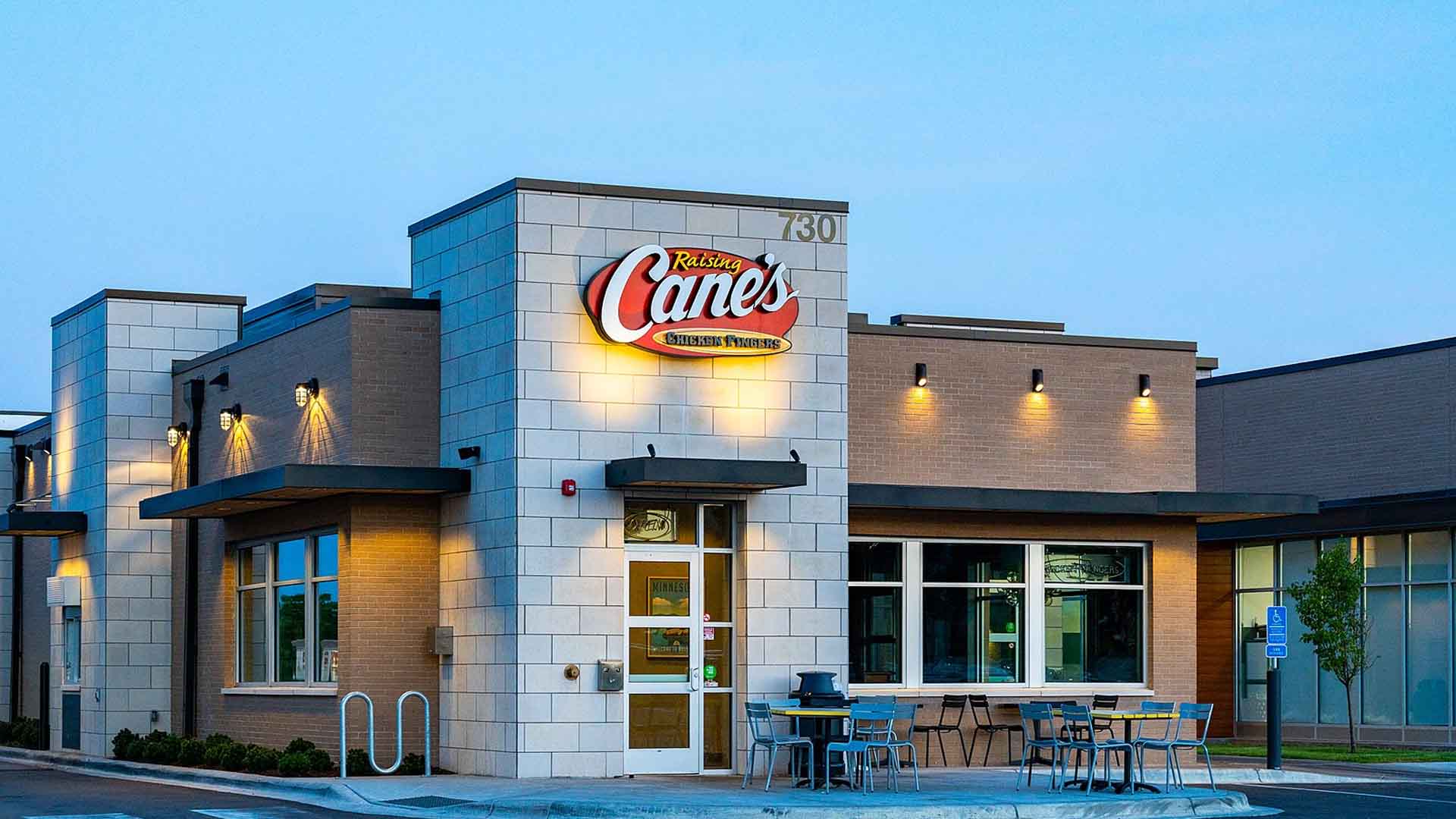
Source: Tony Webster/Wikimedia Commons
Monique Pizano, a manager in Carson, California, saw her salary rise from $79,000 to $85,000, according to the New York Post. Her earnings can increase even more with monthly bonuses between $5,000 and $7,500, depending on her location’s financial performance.
Financial Milestones for Managers
Pizano, who manages 96 employees, reports that the pay increase has been life-changing for her family. The Carson Raising Cane’s attracts about 700,000 customers annually and generates around $9 million in sales.

Source: iStock
The new wage law has allowed managers like Pizano to benefit directly from their hard work and dedication.
Impact on Foot Traffic
Despite the benefits for managers, the new minimum wage law has caused a decline in customer visits.

Source: RDNE Stock project/Pexels
A study by Placer.ai found that foot traffic at major chains like Burger King, Wendy’s, and McDonald’s decreased in the weeks following the law’s implementation. Burger King saw a 3.86% drop, Wendy’s 3.24%, and McDonald’s 2.5%.
Closures Due to Rising Costs
Some fast-food chains have been forced to close locations due to the increased costs associated with the new wage law.

Source: Alek Leckszas/Wikipedia; Rubio's/Instagram
Rubio’s Coastal Grill, which filed for Chapter 11 bankruptcy protection, closed dozens of locations across California. Fosters Freeze also closed a location near Fresno, citing the inability to afford the new wages.
Increased Fast Food Prices
To offset the higher labor costs, fast-food prices in California have risen on average by 7%. Major chains like Wendy’s, Chipotle, Starbucks, and Taco Bell increased their menu prices by up to 8% in preparation for the new minimum wage law.

Source: Wendy's/PRNewswire
These price hikes reflect the broader economic impact on the industry.
In-N-Out Price Adjustments
In-N-Out Burger, known for its affordable menu, has also raised prices.
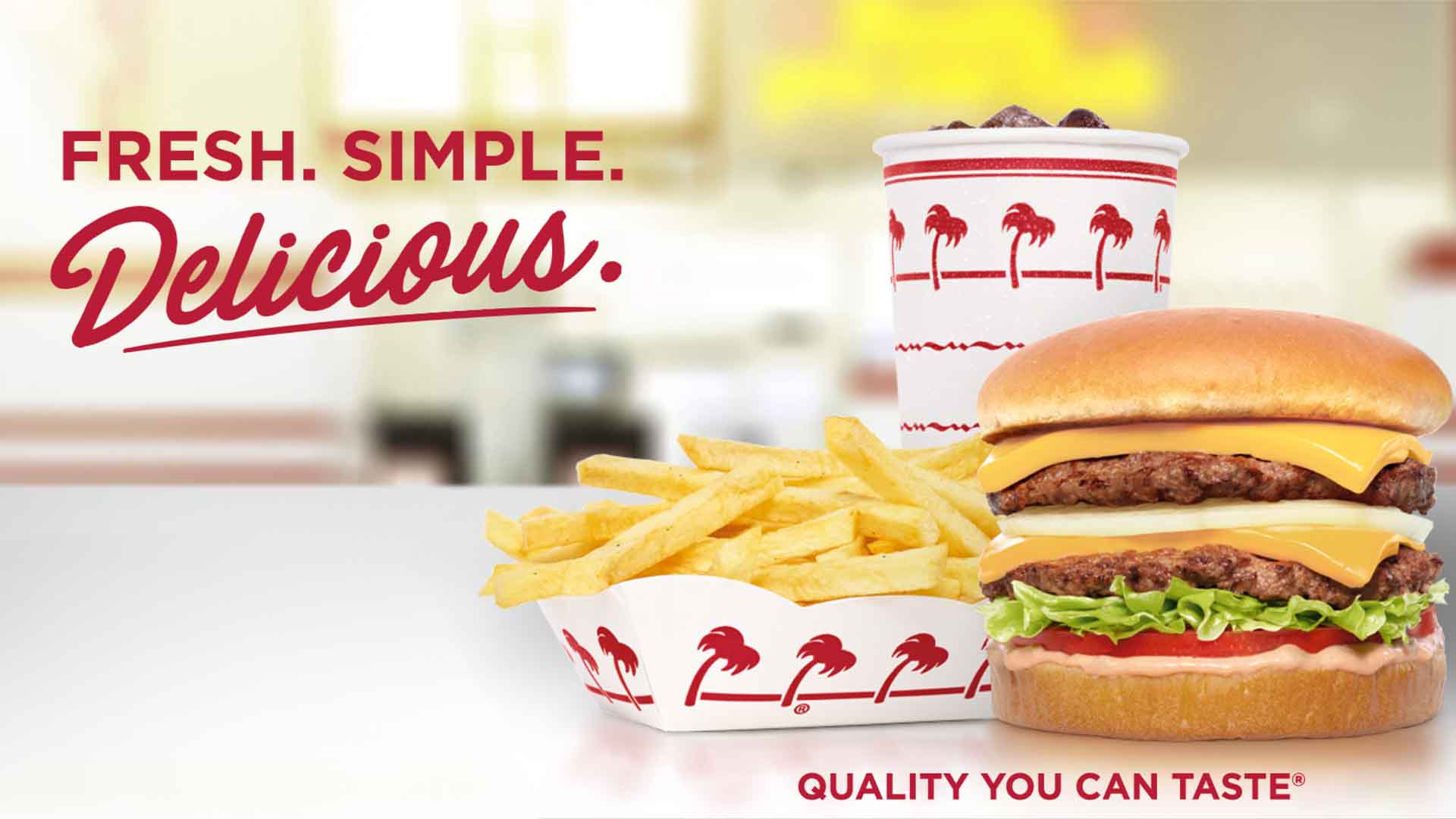
Source: In-N-Out
In Los Angeles County, the price of a double-double burger combo increased by $0.76, now costing $11.44. This price adjustment is a direct response to the increased wages mandated by the new law.
Automation in Fast Food
To cope with the rising labor costs, many fast-food chains are turning to automation. Franchisees have been cutting work hours, delaying capital improvements, and introducing self-serve kiosks.
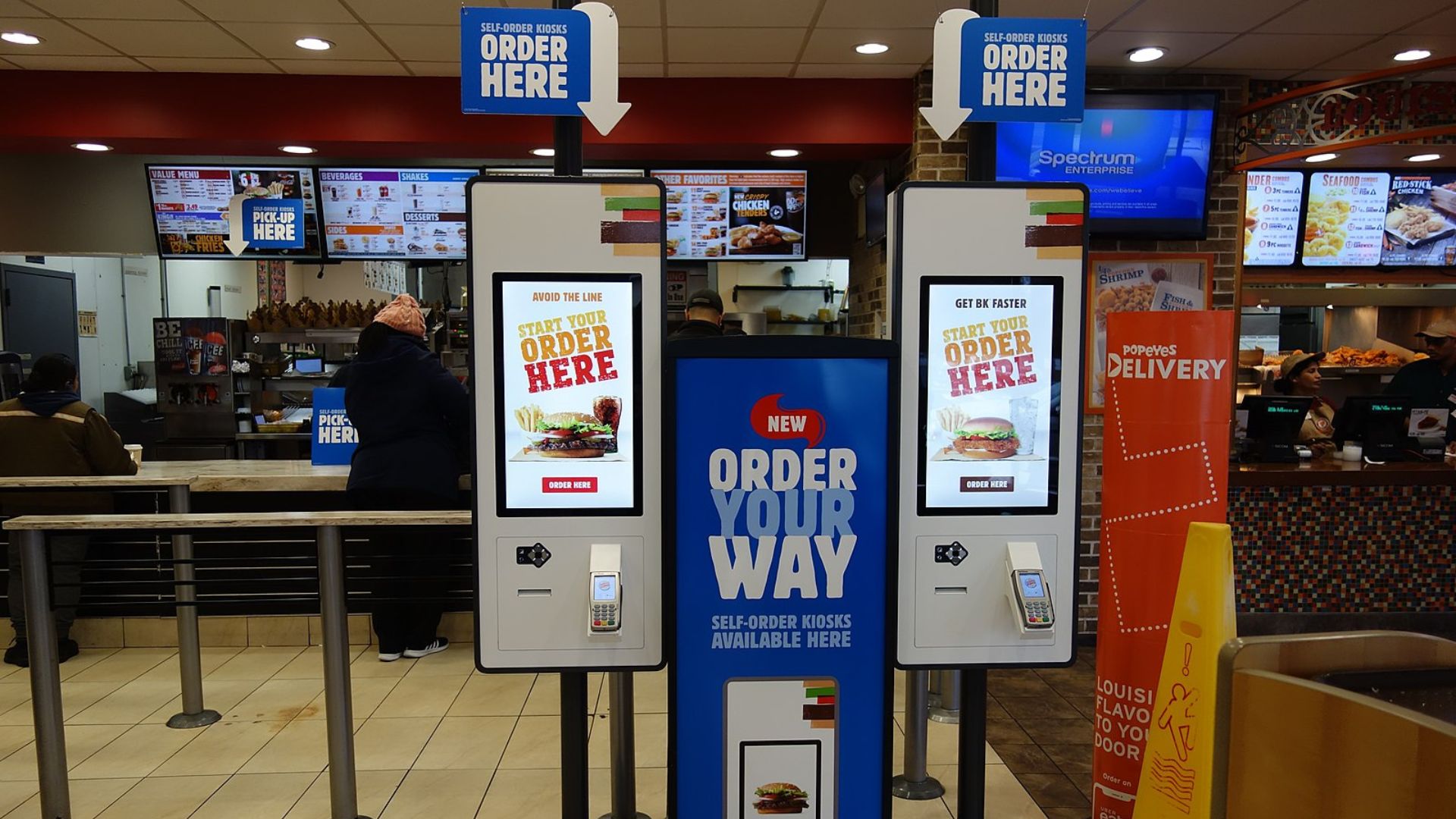
Source: Wikimedia Commons
These changes aim to reduce operational costs and maintain profitability in a challenging economic environment.
Challenges for Franchise Owners
Franchise owners face significant challenges due to the wage increase. Many have had to make tough decisions, including reducing employee hours and postponing essential upgrades.
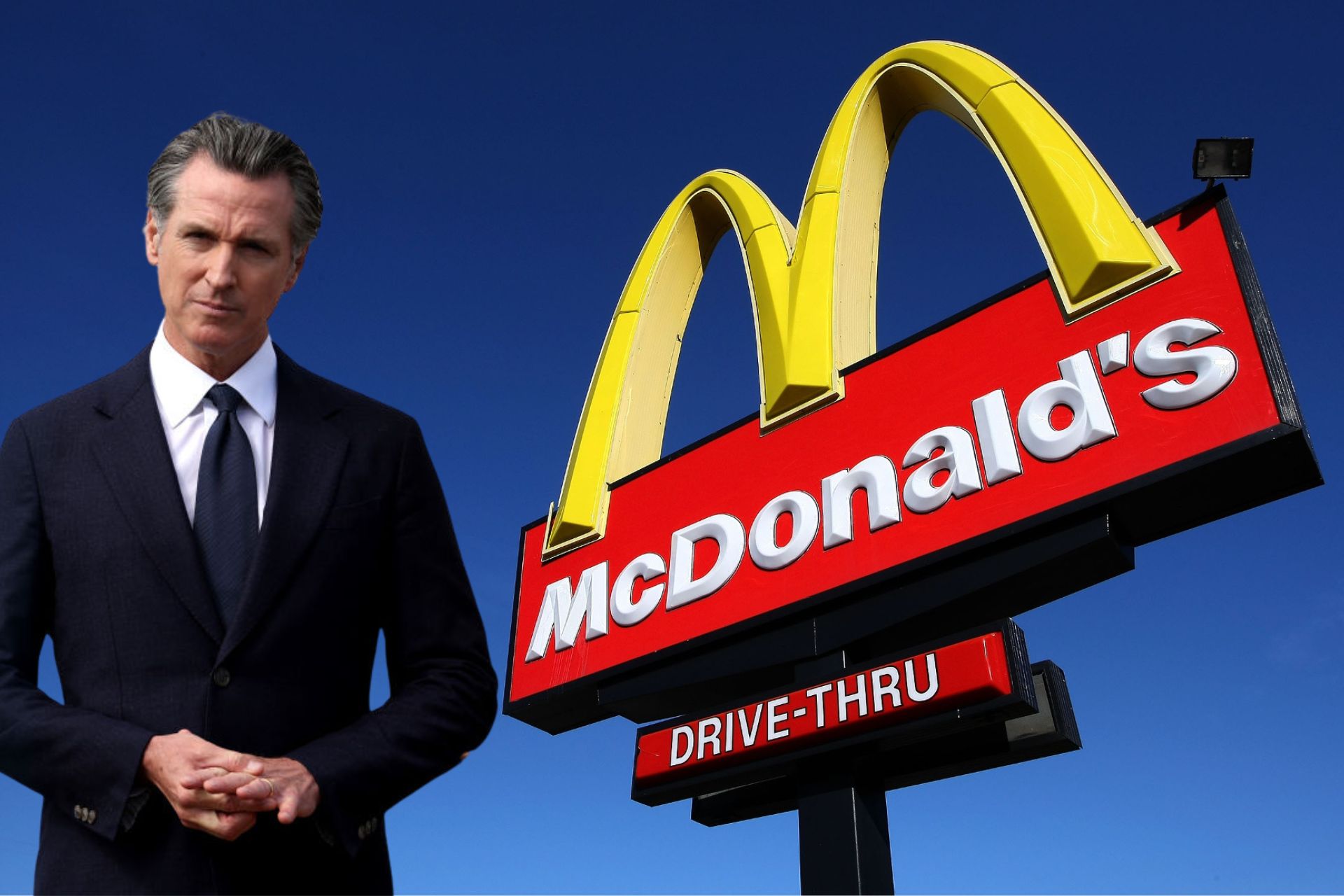
Source: Justin Sullivan/Getty Images/Getty Images
These measures, while necessary, have added pressure on both the owners and the remaining staff, who must adapt to the new operational changes.
Mixed Reactions from the Industry
The wage increase has garnered mixed reactions within the fast-food industry. While it has undeniably improved the financial situation for many managers and workers, it has also created significant challenges for business owners.

Source: Los Muertos Crew/Pexels
Balancing higher wages with increased operational costs continues to be a contentious issue.
Broader Economic Implications
The new minimum wage law in California reflects broader economic trends and debates about wage policies. It highlights the complex relationship between fair wages, business sustainability, and economic growth.
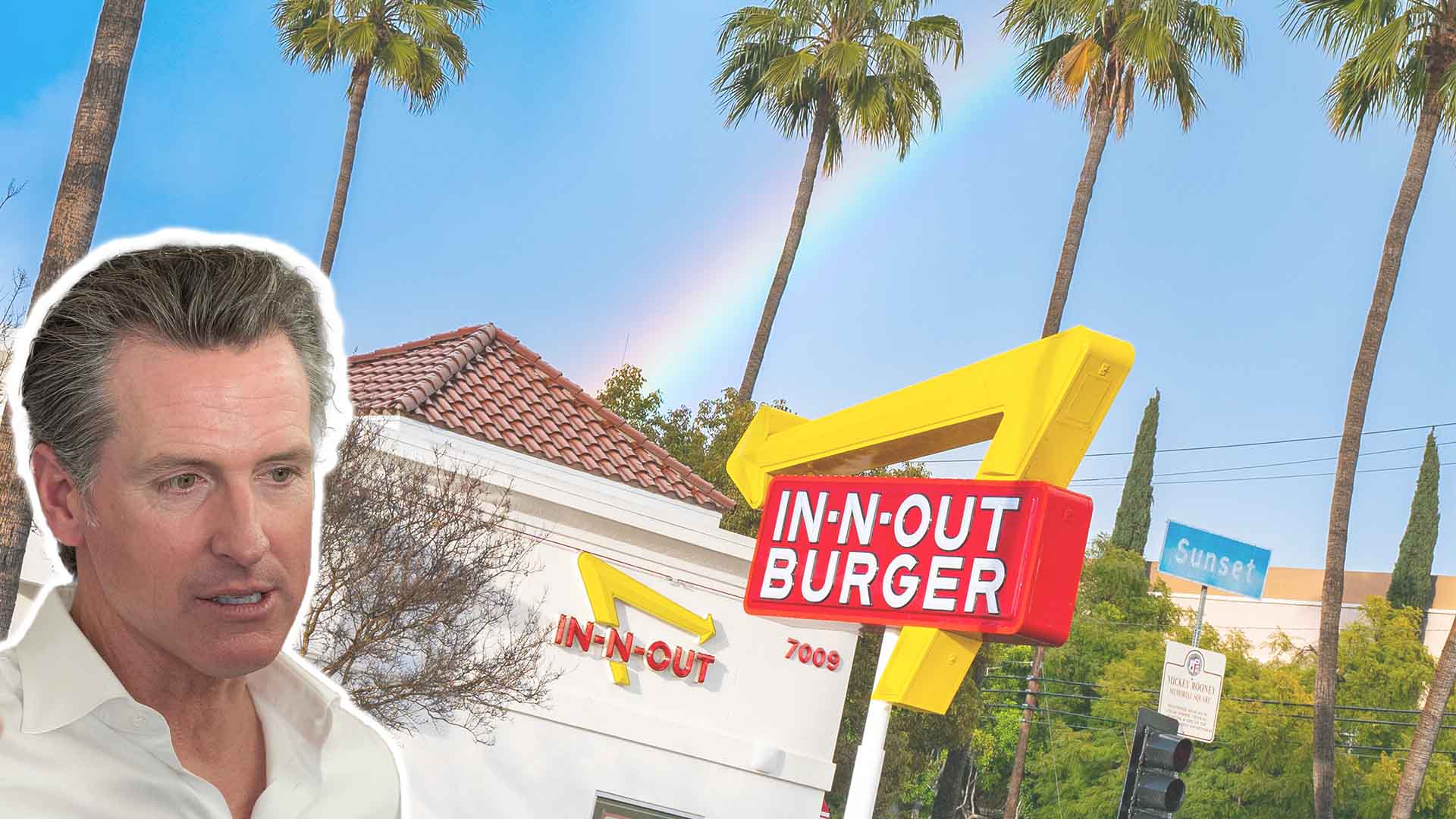
Source: AaronP/Bauer-Griffin/GC Images; Daniel Nesbitt/Wikimedia Commons
As other states observe California’s approach, similar measures might be considered nationwide.
Looking Ahead
The future of California’s fast-food industry remains uncertain as businesses adapt to the new wage law.
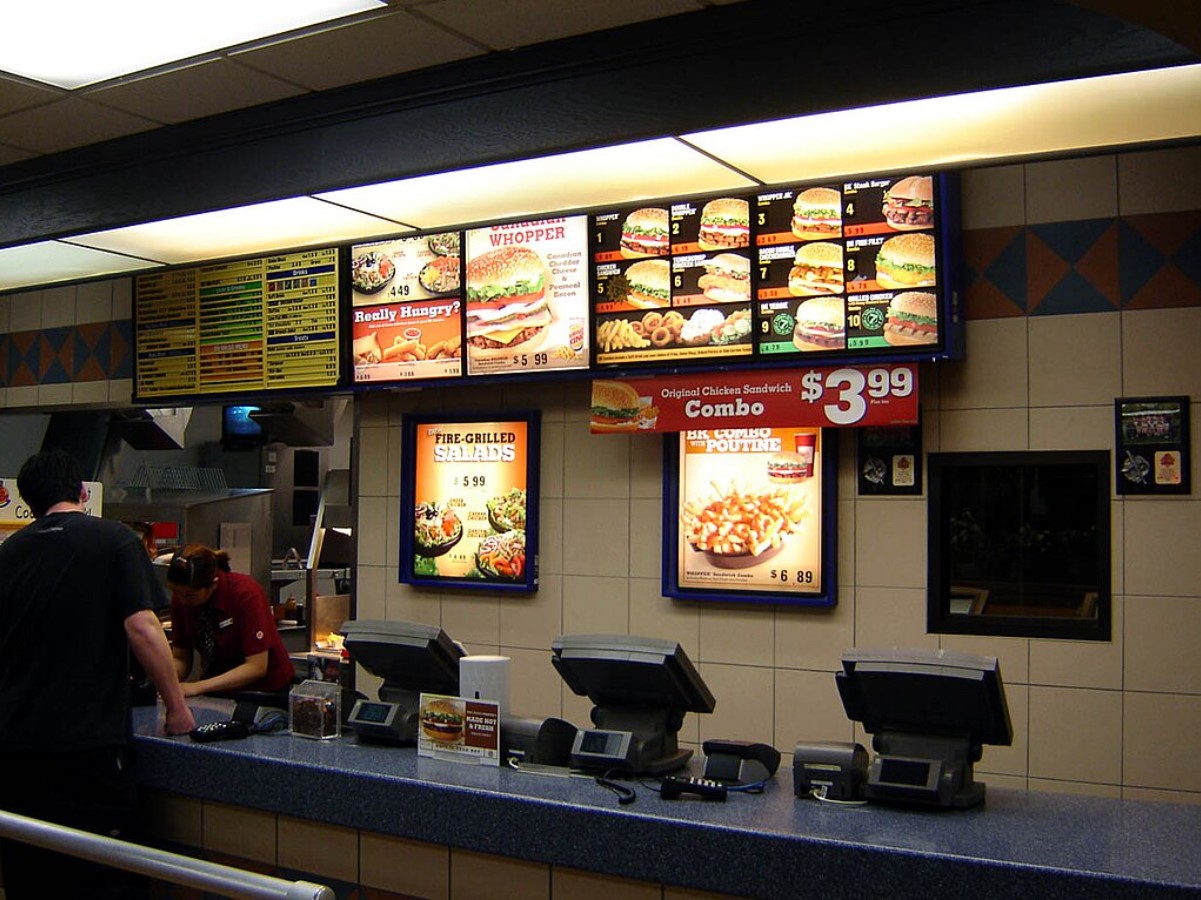
Source: Wikimedia
While managers and workers enjoy higher pay, the industry must find sustainable ways to balance these increases with profitability. Continued innovation and adaptation will be key to navigating this new economic landscape.
